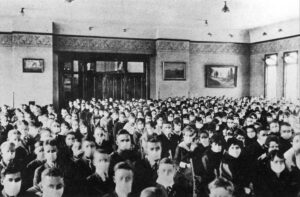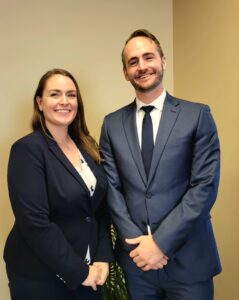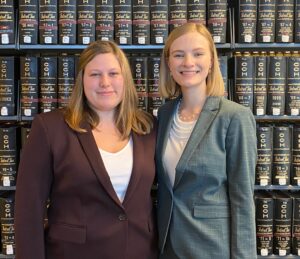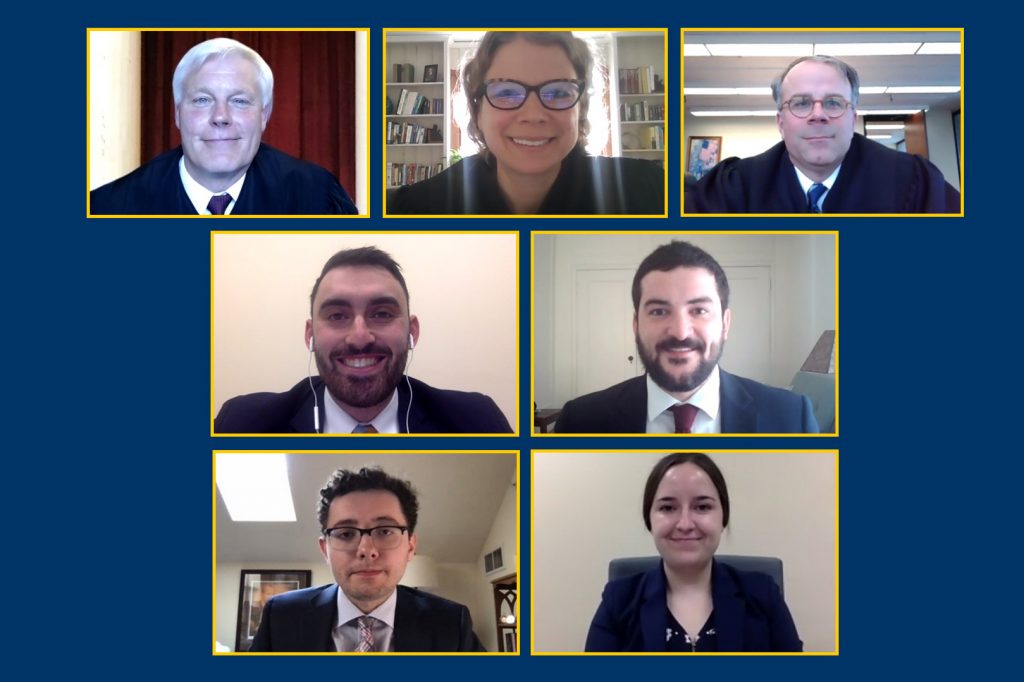What Is Normal?
 Here we are . . . . It’s January 22, 2022. It’s windy outside. Cold, yet blindingly bright. What snow we had in Milwaukee County has mostly melted, yet winter isn’t even a month old at this writing. Classes resume for the “spring” semester on Monday, the 24th of January 2022, having been delayed for a week so Marquette University can address the burgeoning Omicron variant of the COVID virus. It is this writer’s second “spring” semester at Marquette University Law School and the second spent in the global COVID pandemic.
Here we are . . . . It’s January 22, 2022. It’s windy outside. Cold, yet blindingly bright. What snow we had in Milwaukee County has mostly melted, yet winter isn’t even a month old at this writing. Classes resume for the “spring” semester on Monday, the 24th of January 2022, having been delayed for a week so Marquette University can address the burgeoning Omicron variant of the COVID virus. It is this writer’s second “spring” semester at Marquette University Law School and the second spent in the global COVID pandemic.
Back when acceptance letters were being delivered to the class of law students who will graduate in May 2023, scarcely a person on the planet predicted—or even truly considered—that two years hence, we would still be in the throes of a devastating pandemic. And yes, devastating is the correct word to use here, but it isn’t the only word that can be used. The pandemic, for some aspects of life, has been confusingly constructive and progressive. Despite this, many still ask, “When will things return to normal?”
Personally, this writer struggles to comprehend what is normal in most situations—a flaw, perhaps, that has existed since youth. But let’s put the question to the reader: What is normal?



 Congratulations to the winners of the
Congratulations to the winners of the